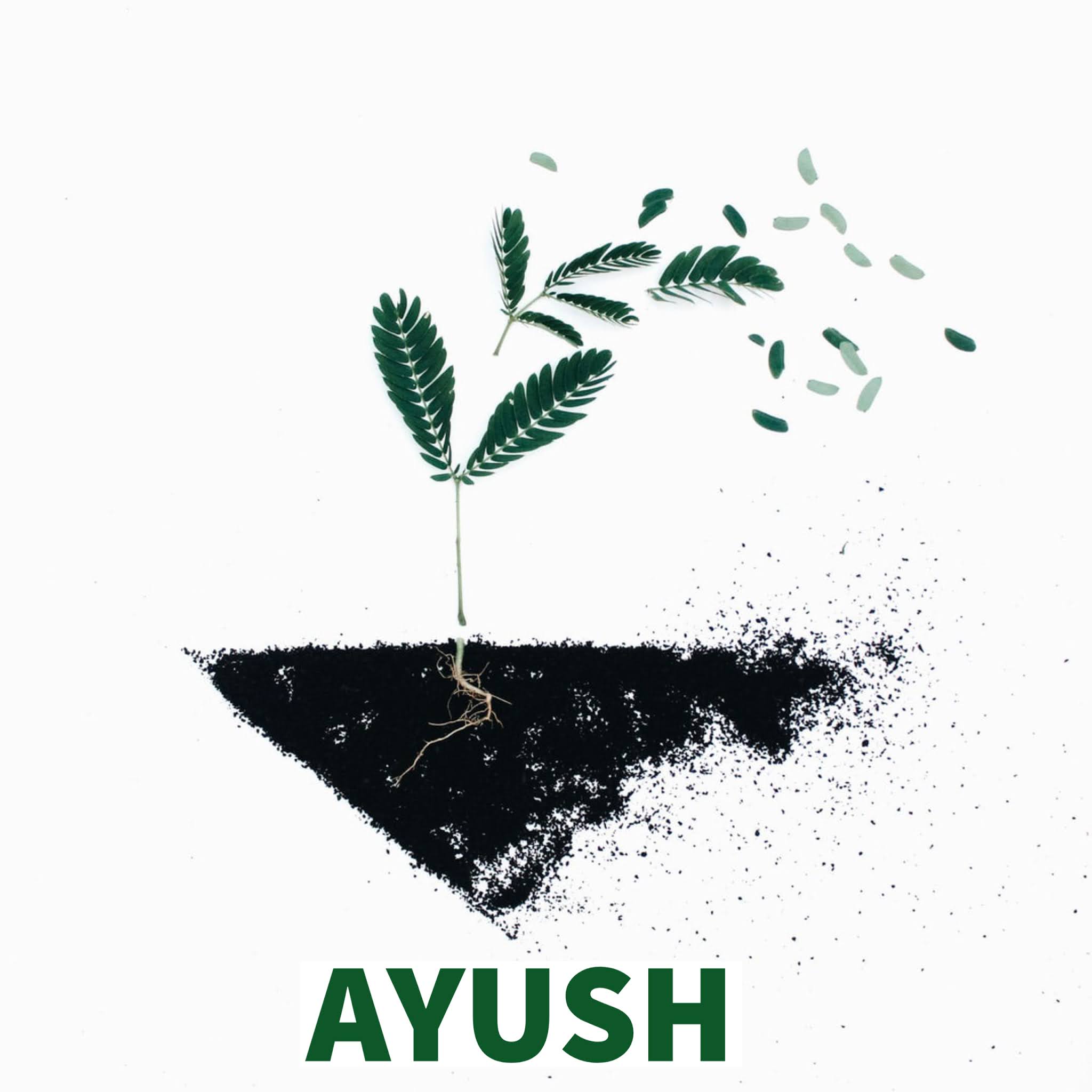IS NURTURE WORKS ON WHAT NATURE ENDOWS?
The biggest and most persistent question faced by psychologists has been whether human traits develop at birth or later on through experience. Plato assumed that character and intelligence and certain ideas are inherited. Aristotle on the other hand argued that everything that is there in our mind has come through the external world through our senses. In other words, he said that whatever information, sensation, feelings are stored in our mind has come through our experiences of the external world.
John Locke also argued that the mind is a blank sheet on which experiences write. René Descartes did not agree with this suggestion and believed that some ideas are innate. Descartes’ ideas got support from a naturalist, Charles Darwin.
The role of internal or innate factors was supported by Charles Darwin's concept of natural selection. He explained the diversity in different organisms of the same species as stemming from the process of natural selection. Thus, nature selects the traits that best enable an organism to survive and reproduce in a particular environment. Darwin believed that theory explained not only animal structure (such as the polar bear's white coat) but animal behavior also (such as the emotional expressions linked to lust and rage). This theory of evolution as proposed by Charles Darwin has become an important principle for psychology in the 21st century.
Nature and nurture issue has continued to remain a major concern of psychologists today. More and more psychologists are exploring relative contributions of biology and experience and exploring questions such as:
1. How and why we human beings are alike? Is it because of our common biology and evolutionary history?
2. How and why we human beings are diverse? Is it because of our differing environments?
3. Diversities or variations are found. Are they because of genetic factors or variations in environmental conditions?
4. Are gender differences caused by biological conditions or are they created by the existing social environment?
5. Is children's grammar mostly innate or formed by experience?
6. Are personality and intelligence differences caused by hereditary conditions or by environmental conditions?
7. Are sexual behaviors more 'pushed' by inner biology or 'pulled' by external incentives?
8. Psychological disorders such as depression should be treated as disorders of brain or disorders of thoughts?
Contemporary science resolves this Nature and Nurture controversy by saying "Nurture works on what nature endows". In other word's nature biologically endows us with an enormous capacity to learn and adapt and nurture as the environment decides how this endowment will flourish or will develop. Moreover, every psychological event (every thought, every emotion) is a simultaneously biological event. For example, depression can be both – a brain disorder and a thought disorder.
John Locke also argued that the mind is a blank sheet on which experiences write. René Descartes did not agree with this suggestion and believed that some ideas are innate. Descartes’ ideas got support from a naturalist, Charles Darwin.
The role of internal or innate factors was supported by Charles Darwin's concept of natural selection. He explained the diversity in different organisms of the same species as stemming from the process of natural selection. Thus, nature selects the traits that best enable an organism to survive and reproduce in a particular environment. Darwin believed that theory explained not only animal structure (such as the polar bear's white coat) but animal behavior also (such as the emotional expressions linked to lust and rage). This theory of evolution as proposed by Charles Darwin has become an important principle for psychology in the 21st century.
Nature and nurture issue has continued to remain a major concern of psychologists today. More and more psychologists are exploring relative contributions of biology and experience and exploring questions such as:
1. How and why we human beings are alike? Is it because of our common biology and evolutionary history?
2. How and why we human beings are diverse? Is it because of our differing environments?
3. Diversities or variations are found. Are they because of genetic factors or variations in environmental conditions?
4. Are gender differences caused by biological conditions or are they created by the existing social environment?
5. Is children's grammar mostly innate or formed by experience?
6. Are personality and intelligence differences caused by hereditary conditions or by environmental conditions?
7. Are sexual behaviors more 'pushed' by inner biology or 'pulled' by external incentives?
8. Psychological disorders such as depression should be treated as disorders of brain or disorders of thoughts?
Contemporary science resolves this Nature and Nurture controversy by saying "Nurture works on what nature endows". In other word's nature biologically endows us with an enormous capacity to learn and adapt and nurture as the environment decides how this endowment will flourish or will develop. Moreover, every psychological event (every thought, every emotion) is a simultaneously biological event. For example, depression can be both – a brain disorder and a thought disorder.
POST BY




Comments
Post a Comment